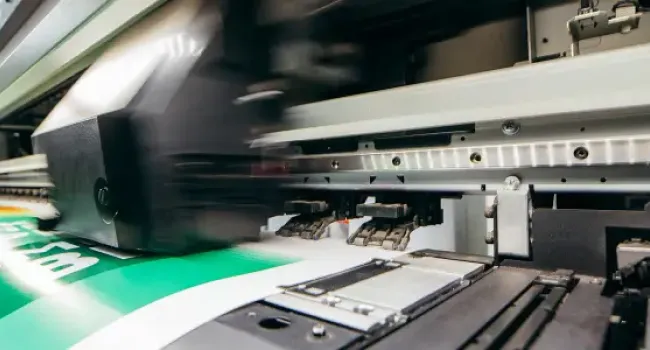Coalmarch Marketing Insights
Marketing your home services business without tracking ROI is like driving with your eyes closed. Every dollar you invest in digital marketing should drive measurable results, but most pest control, lawn care, and HVAC companies struggle to connect their marketing spend to actual revenue.

Your employees represent your company's most significant competitive advantage. When they're invested in their work and connected to your mission, they perform better, stay longer, and help your business grow.
Google has announced several updates to the Local Services Ads (LSA) platform over the past 18 months that may impact your home service business.
Your team is your most valuable asset in home services. This guide covers proven strategies for attracting, hiring, and retaining skilled technicians as you scale your business.
Growing a home service business requires strategic marketing that reaches customers where they are and converts them into loyal clients.
Have you ever wondered what makes a pest control company stand out in a sea of similar businesses? Well, it all boils down to something called brand positioning.
At Coalmarch, we believe the best website integrations are the ones that actually work. Our platform connects seamlessly with trusted tools like WorkWave CRMs, CallTrackingMetrics, and Google services to deliver reliable performance and clear reporting—without the instability of third-party middlemen. Learn how our focused approach to integrations helps home service businesses stay efficient, informed, and connected.
Do you have a passion for helping others and a knack for problem-solving? Starting a pest control business may be the perfect venture for you. With the constant need for pest control services, there is a significant market for entrepreneurs in this industry. However, starting any business requires careful planning and execution.
Outbound advertising is a traditional marketing approach that pushes messages out to potential customers—often referred to as “interruptive” marketing—because you are disrupting consumers’ daily activities with your message. Traditional forms of outbound advertising include television ads, radio ads, print ads and more, and while these are still common, there are more options now than ever.
This is a guest blog post from Podium, the premiere messaging platform that connects local businesses with their customers. This Nextdoor Reviews post originally appeared on Podium.com, the leading home services review generation platform.
While digital technology continues to advance, the print industry remains vibrant and relevant, thanks to its tactile appeal. The physicality of print creates a unique sensory experience that digital formats simply can't match. This quality is essential in sectors like packaging and art, where the touch and texture of materials enhance the consumer experience.
Nobody likes to hear that prices are going up—especially when it’s a product or service they rely on. But price increases are sometimes unavoidable, and knowing how to communicate them effectively can make all the difference in customer retention.
Artificial Intelligence isn’t going away any time soon, so forward-thinking home service companies need to learn how its diverse capabilities can be used to their best advantage.
Ever thought about how much a name can shape a business? It’s true! A catchy name can make your pest control venture memorable and even attract your ideal customers.
In a world overflowing with businesses vying for attention, how do you make yours stand out? Advertising isn’t just necessary; it’s the lifeblood of growth and visibility for any business.
Print marketing still holds a unique appeal in our digital world, effectively attracting new customers and promoting business awareness. By incorporating analytics, companies can enhance their print campaigns, using data-driven insights to target audiences with unprecedented accuracy.
Contributors

How does your marketing performance stack up against others in the industry? Our annual marketing benchmark report breaks down marketing spend, lead costs, and performance trends across hundreds of pest and lawn businesses — giving you the data you need to make smarter decisions for the year ahead.

As proud sponsors of the PMP Industry Insiders Podcast, Coalmarch Marketing is honored to support meaningful conversations that drive growth, innovation, and leadership across the pest control and lawn care industries.

Join our ongoing webinar series featuring Coalmarch Marketing experts, industry leaders, and trusted partners sharing proven strategies to help you grow your business.



















